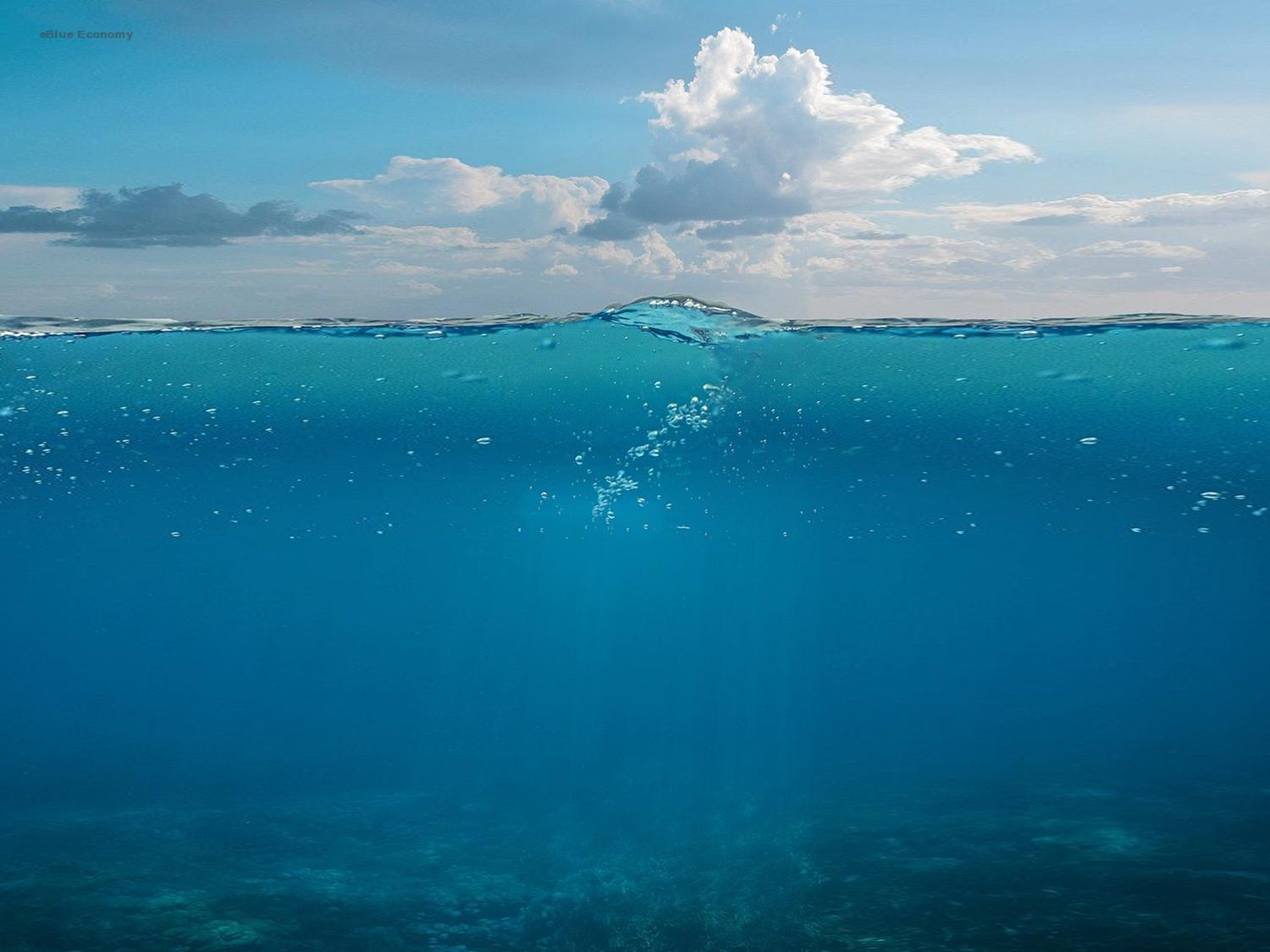Preventing pollution from dumping of wastes at sea relies on global frameworks, regional conventions and protocols, and national regulations. To be effective, these need to be aligned and implemented effectively
This was the subject of a recent meeting (2 March) organised by IMO‘s Office of the London Protocol and Ocean Affairs (OLCP&OA) and UNEP/MAP.
Participants* shared best practices relating to two key instruments regulating the dumping of wastes at sea: the Mediterranean Action Plan and Barcelona Convention Dumping Protocol. The Dumping Protocol was amended in 1995 to align with the London Protocol but has yet to enter into force
The meeting brought together national experts on dumping activities, permitting and enforcement authorities that are involved in implementing these instruments to:
· Provide information on recent developments to the Barcelona Convention Contracting Parties on the dumping at sea of waste issues at global and regional levels
· Provide guidance to the Barcelona Convention Contracting Parties on compliance monitoring programmes under the Dumping Protocol; and
· Identify best practices with regards to national implementation of the Dumping Protocol mainstreaming regional and global good practices
Fifteen Barcelona Convention Contracting Parties (Croatia, Cyprus, Egypt, France, Greece, Italy, Libya, Malta, Monaco, Montenegro, Morocco, Slovenia, Spain, Syrian Arab Republic and Tunisia) are London Convention Parties, and six (Egypt, France, Italy, Morocco, Slovenia and Spain) are also Parties to the London Protocol.
* The meeting was attended by Barcelona Convention Contracting Parties, other UN Regional Organizations (including HELCOM, PERSGA) and representatives from the Central Dredging Association (CEDA) and IMO.














